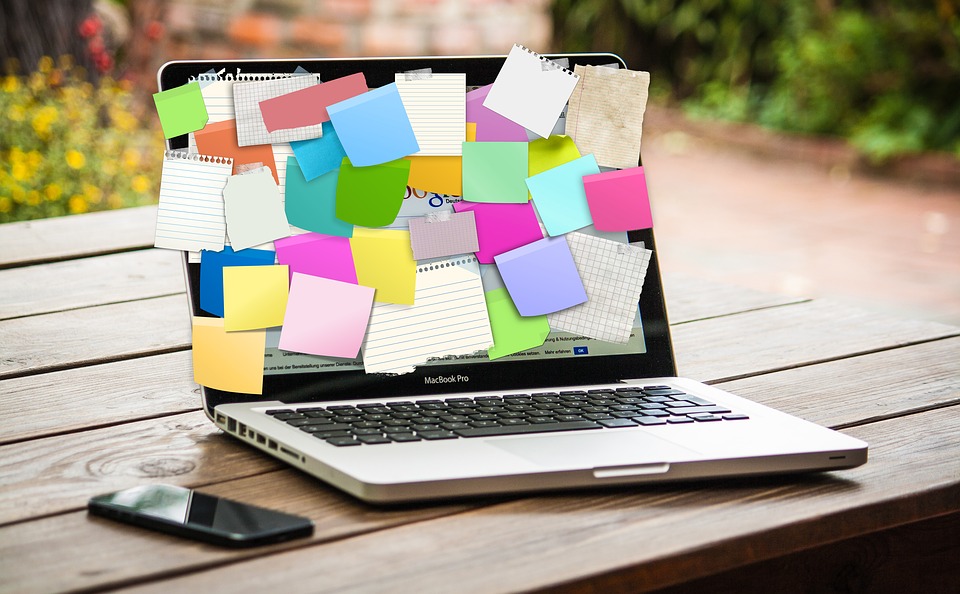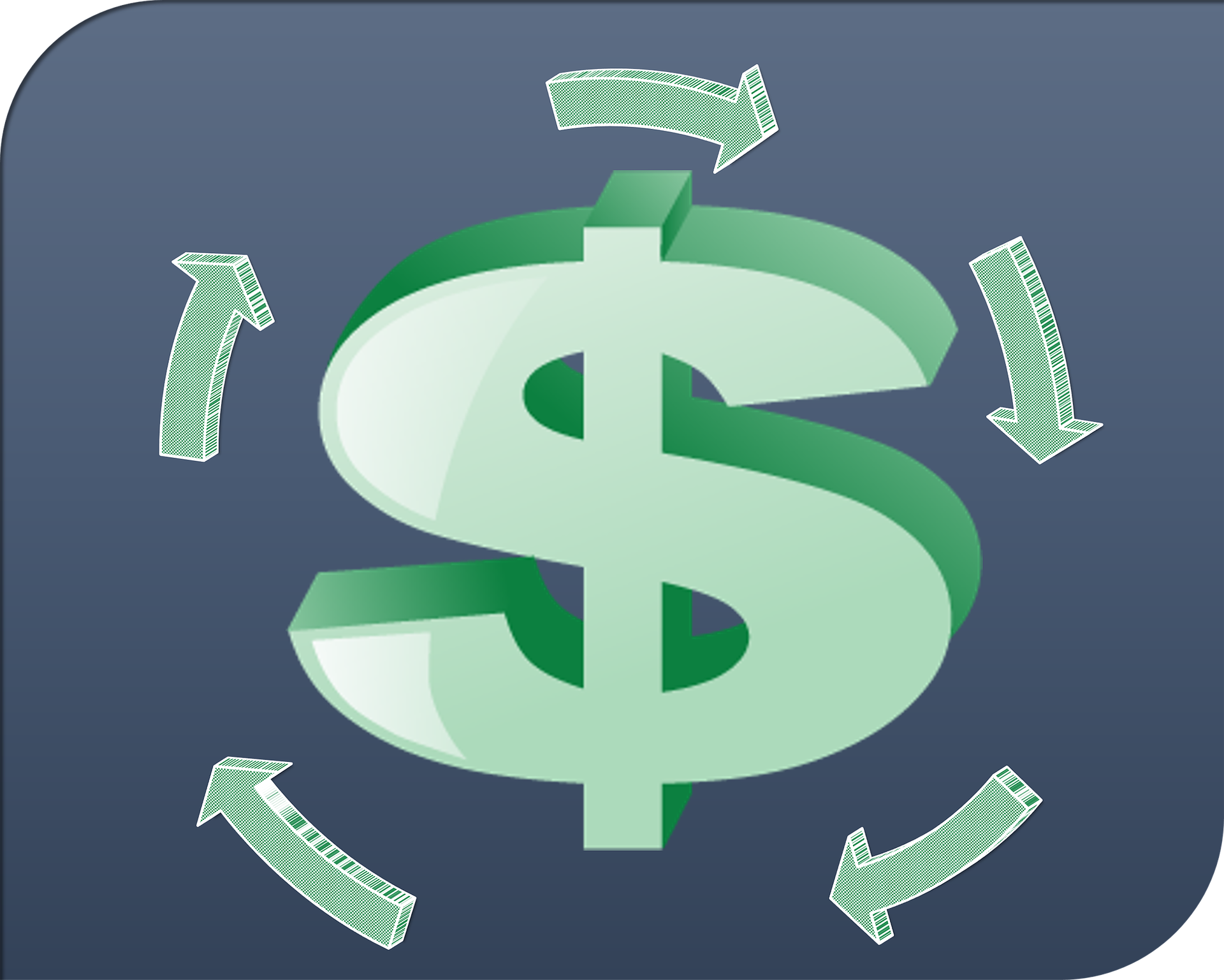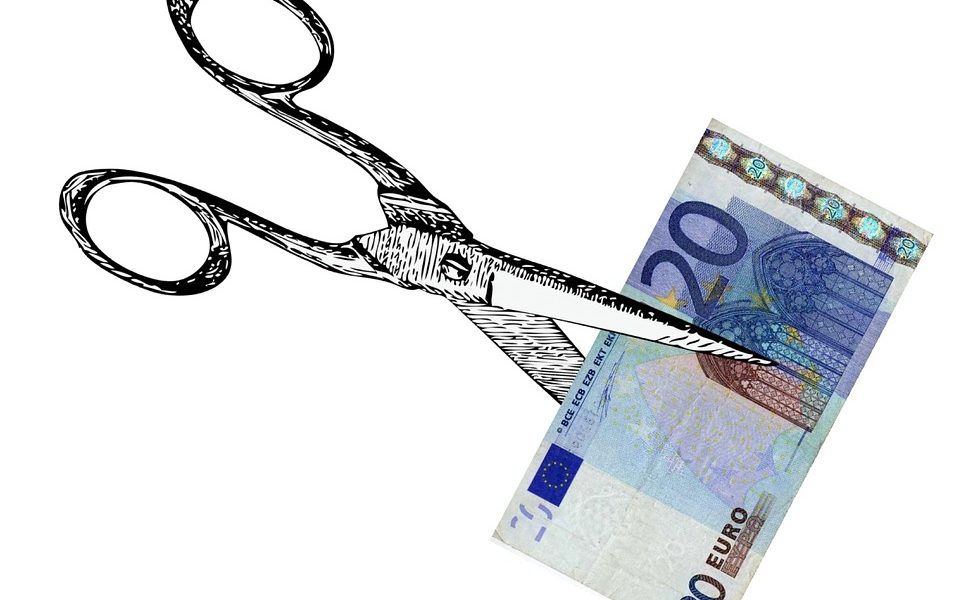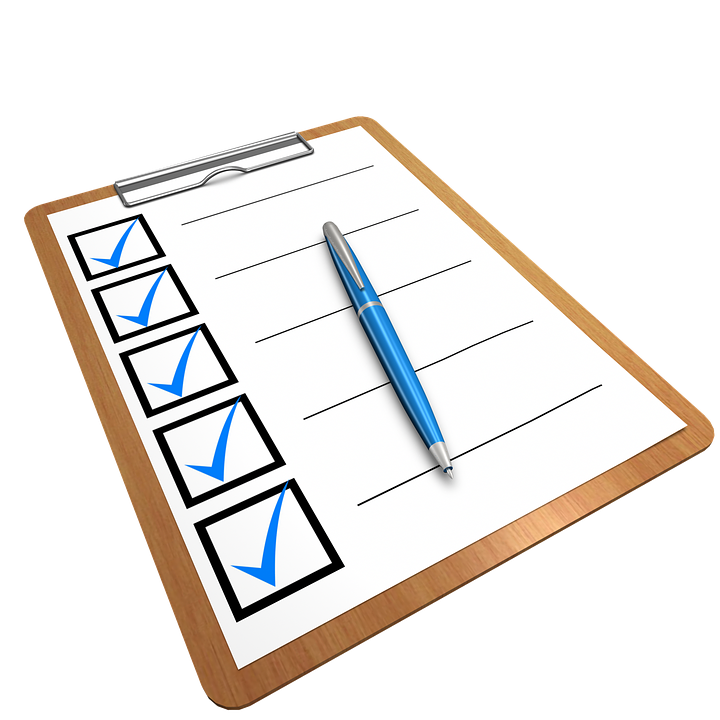
Set a Goal
Goal setting is key to accomplishing the 52 weeks to better savings challenge. Without a goal in mind there is nothing to motivate one for 52 weeks. Since we already know that at the end of 52 you will save $1378 what goal will this help to accomplish? Put a name or a reason for this saving that will help with accountability along the journey.
Two reasons to put a name on the goal is it will help with big goals and accountability
Big Goals
Some big goals that this will help accomplish are:
- Emergency Savings Fund
- Retirement Savings Fund
- New Car
- Home Improvement
- Vacation
While this amount might not be the total amount to fund any of these goals mention it could be used as a starter fund.
Accountability
Having a reason to complete the 52 weeks to better savings challenge will help with accountability. This give a reason to want to complete the challenge. In the moments when struggles arise this will motivate to stay on track because there is something at stake. Often time people will make a decision to start a savings but there is nothing to hold them accountable, therefore, it is easy to fall off track.
While this does not guarantee that one will not fall off the challenge it does help to motivate to the end.












